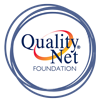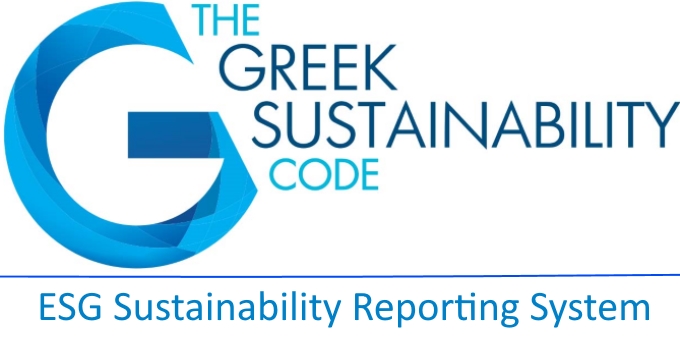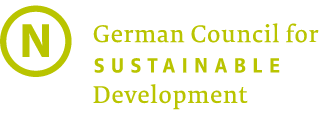Management Message
2018 was one more successful year for the European Reliance Group of Companies Co S.A. After forty-one (41) consecutive years of operation, in a difficult environment, facing a fluid geopolitical and macroeconomic climate, we have demonstrated our resilience and have successfully met the challenges, the opportunities and the risks with a positive outlook, that we will maintain in the future.
Regarding our annual financial results:
1. We achieved 4.1% increase of total revenues with the Insurance Premiums and Policy Fees at € 191.0 mil., at a time when the Greek Insurance Market presented 1.8% increase. For the first time, the Group’s Revenues exceeded the amount of € 200 mil. and amounted to € 202.4 mil.
2. The Company’s Solvency Ratio strengthened by 14.1 percentage points and reached 159.8%, further increasing the credibility and ensuring the future of thousands of insured.
3. We achieved 2.9% Assets increase at € 429.4 mil.
4. 0.5% Equity increase at € 115.9 mil.
5. The Insurance Provisions of the Company increased by 4.6% at € 285,7 mil.
6. The profitability of our Group remained at high levels with the pre-tax profit at 15.4 € mil.
7. The Group’s total personnel increased by 54 new employees in an environment of high unemployment and uncertainty
Yet, apart from the joy and trust the “numbers” and “financial statistics” may offer to our shareholders, we can only be sure they are not the only aim of our Group of Companies. Today, value creation in both financial and non-financial terms is a priority on a global scale. Corporate Social Responsibility (CSR) is now imperative to companies.
For all of us at the European Reliance Group of Companies, CSR is not about figures. It is not an advertising or marketing ploy, but a clear responsibility from a company towards society. Irrespective of economic circumstances and magnitudes, all businesses can contribute to the support of society, even with small acts and, at times, without any financial obligation.
In recent years, the role of insurance companies has been steadily growing and, therefore, corporate social responsibility carries more weight in the insurance market. A key priority for the growth of insurance companies should be to raise awareness and mobilize society on sustainable developmental issues. If our society is not fully informed or does not care about the need for sustainable development, we need to develop the broadest possible support for effective action.
From the very first moment of our formation, we incorporated Corporate and Social Responsibility in our strategic planning, with the immediate aim of creating a Company we can be proud of, in a mutual effort with the thousands of our partners, friends, shareholders and customers. An enterprise that will provide everyone with security, progress, proper working environment and a fair reward for our offering. A company that will be a role model in terms of its public face.
For this reason:
Every year since 2011 we publish a Sustainability Report, aiming for transparency and commitment in our CSR, by applying the GRI G4 standards in conjunction with the principles of ISO 26000.
We have signed the UN Global Compact, a framework for businesses that are committed to aligning their operations and strategies with ten (10) globally accepted principles in the areas of human rights, working conditions, the environment and the fight against corruption.
Every year since 2015 we calculate the total CO2 emissions from our operations and we promote actions toward their reduction.
In 2018 we implemented 73 CSR actions with significant contribution of our staff.
Up until today, we have not dismissed anyone, our staff is constantly increasing, while their degree of satisfaction is 91%.
We never stopped dreaming, innovating and creating new products and solutions in the Greek market. We’re always looking ahead, towards the best, in order to continue keeping our promise: to serve our customers by honoring their trust.
SOCIETY
The seven criteria of this section deal with the social issues of Sustainable Development and Corporate Responsibility that are relevant to an Organization – starting with the questions about whether the Organization respects basic employment rights; how it deals with the issues of equal opportunities, health and the work-life balance; and how it helps to make and keep the workforce employable in the face of demographic changes. Aspects that are also significant are human rights in the supply chain, the role of the Organization in the region, and whether and how it tries to influence political decisions. Finally, the Organization is asked to explain what it is doing to counter the risk of bribery.
14. Employment Rights
ADMINISTRATIVE PRACTICES
Attached Files: There are no files
15. Equal Opportunities
ADMINISTRATIVE PRACTICES
Attached Files: There are no files
16. Qualifications
ADMINISTRATIVE PRACTICES
Attached Files: There are no files
17. Human Rights in the supply chain
ADMINISTRATIVE PRACTICES
Attached Files: There are no files
18. Corporate Citizenship
ADMINISTRATIVE PRACTICES
Attached Files: There are no files
19. Initiatives and Political Influence
20. Corruption prevention and alleviation
ADMINISTRATIVE PRACTICES
Attached Files: There are no files








